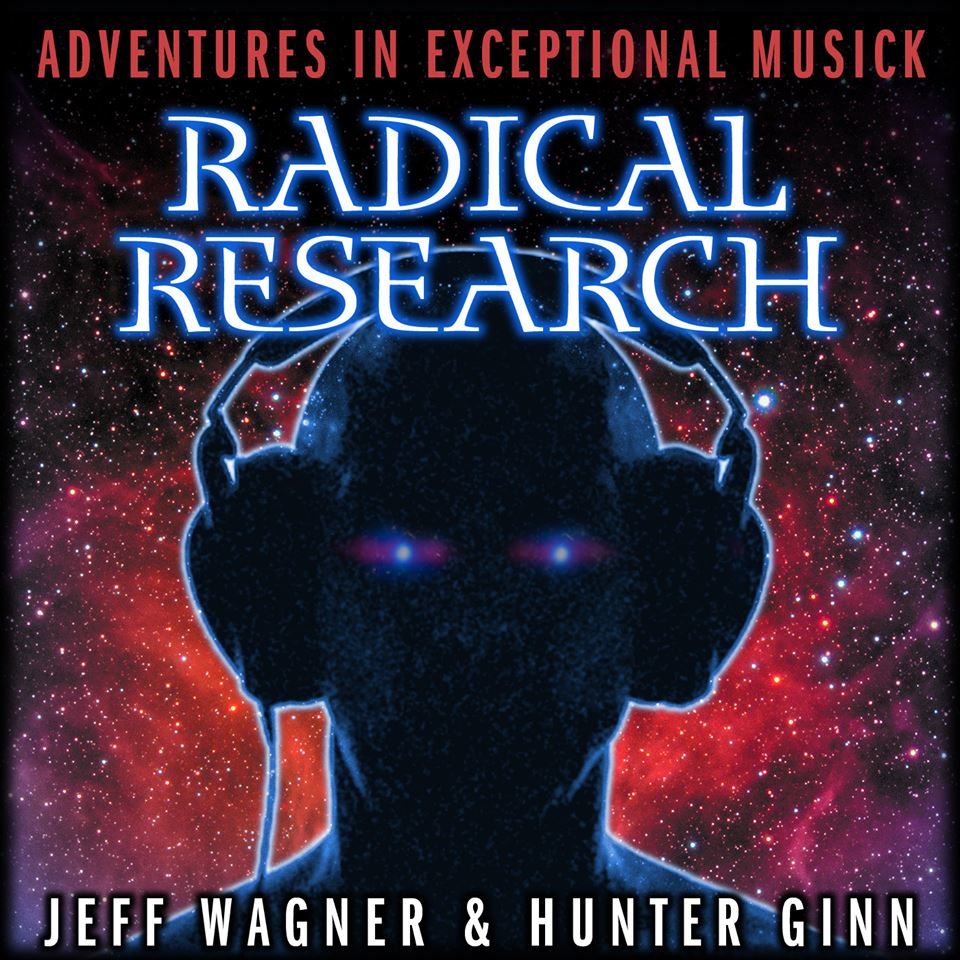
14 May Episode 31 – An Abrupt Egress from the ’60s: Van Der Graaf Generator

Crawling out of Manchester to work strange machinations on the English psych-pop era of the late 1960s, Peter Hammill and Van Der Graaf Generator’s sonic architecture was a mirror to that decade’s creative promise and a murder of its utopian ideals. They documented their deeds throughout eight albums between 1969 and 1977, revving up the electrostatic contraption again in the 2000s when the world might have finally been ready for them. When we wear the Keep Prog Weird slogan on our backs, it is the spirit of Van Der Graaf Generator we honor and praise.
Note I: Chris Judge Smith wasn’t mentioned in this episode, but should have been. He founded Van Der Graaf Generator with Peter Hammill in 1967, but left in 1968 after the recording of the band’s first single, “People You Were Going To” / “Firebrand”. He’s been recording as a solo artist since then, and as of 1994 has been simply known as Judge Smith.
Note II: www.lotfp.com for all of your weird horror and fantasy role-playing needs!
Music cited, in order of appearance:
“A Place to Survive” (World Record, 1976)
“Pilgrims” (Still Life, 1976)
“The Emperor in His War Room” ” (H to He Who Am the Only One, 1970)
“After the Flood” (The Least We Can Do is Wave to Each Other, 1970)
“White Hammer” (two moments) (The Least We Can Do is Wave to Each Other, 1970)
“Octopus” (The Aerosol Grey Machine, 1969)
“Killer” (H to He Who Am the Only One, 1970)
“A Plague of Lighthouse Keepers” (two moments) (Pawn Hearts, 1971)
“Scorched Earth” (Godbluff, 1975)
“The Sleepwalkers” (Godbluff, 1975)
“Cat’s Eye / Yellow Fever (Running)” (The Quiet Zone/The Pleasure Dome, 1977)
“Man Erg” (Pawn Hearts, 1971)
“Interference Patterns” (Trisector, 2008)
Episode 32 preview: Thought Industry, “Third Eye” (Songs for Insects, 1992)
Radical Research is a conversation about the inner- and outer-reaches of rock and metal music. This podcast is conceived and conducted by Jeff Wagner and Hunter Ginn. Though we consume music in a variety of ways, we give particular privilege to the immersive, full-album listening experience. Likewise, we believe that tangible music formats help provide the richest, most rewarding immersions and that music, artwork, and song titles cooperate to produce a singular effect on the listener. Great music is worth more than we ever pay for it.
This is Radical Research Podcast episode 31

